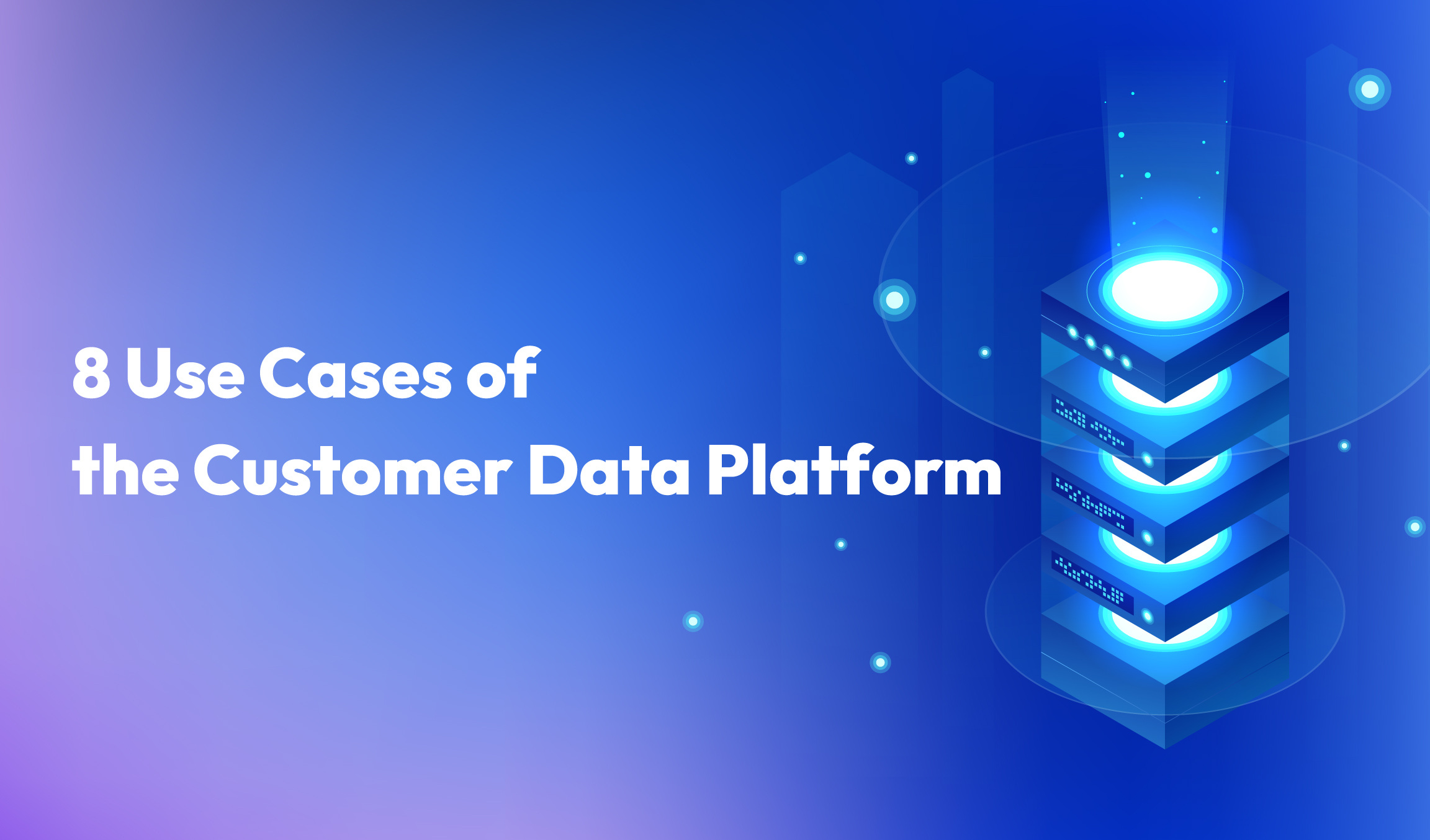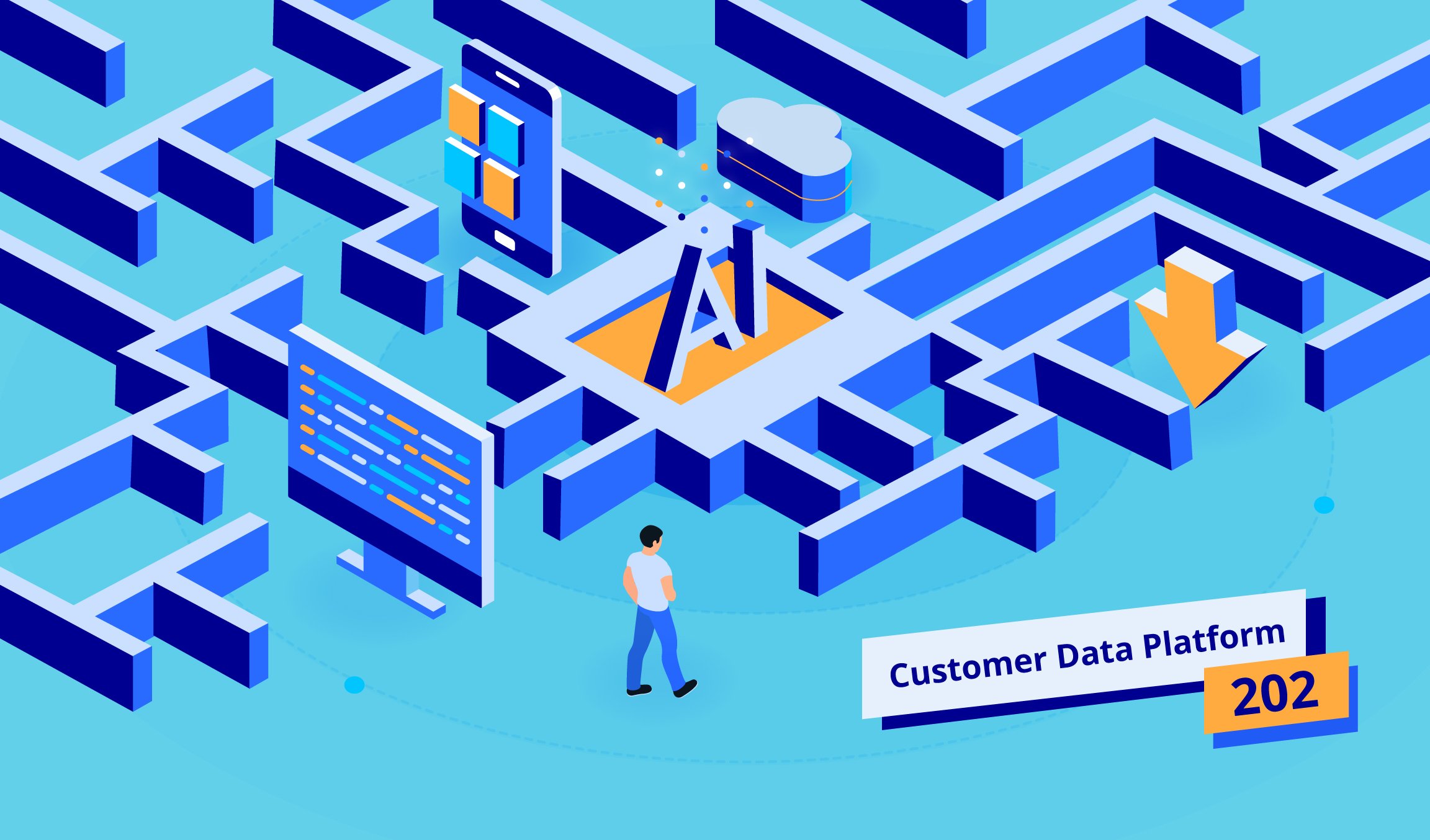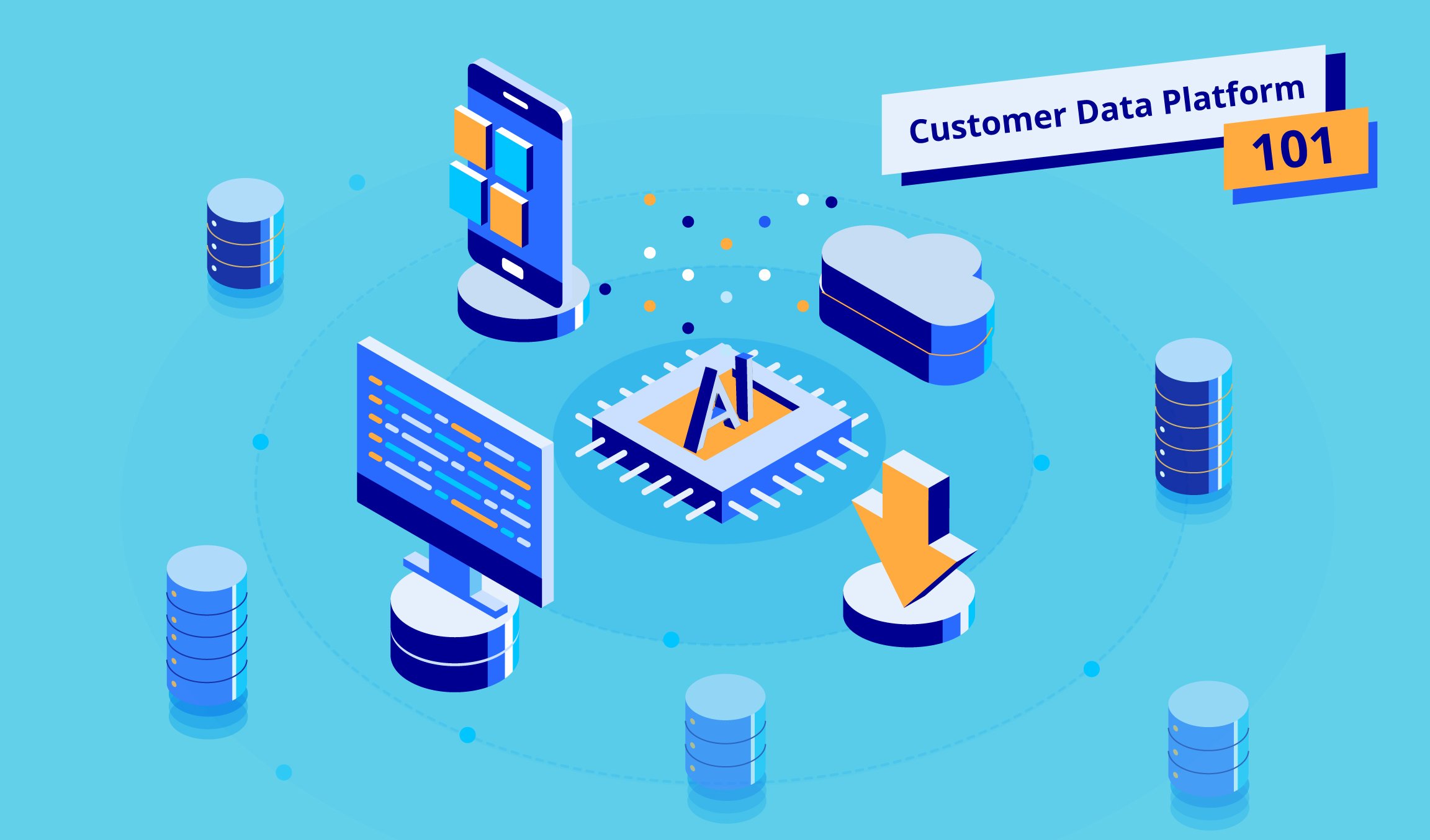It is widely agreed that data is the new oil. While collecting huge amounts of the world’s most valuable resource is one thing, actually making use of it is quite another.
Thankfully, a data management platform (DMP) can help you tap into all the valuable data you collect and unlock its full potential.
What Is a Data Management Platform?
A data management platform is a piece of computer software that can store, organize and analyze data. It works across a huge range of data types, including first-, second- and third-party data from a wide range of sources, including online, offline, mobile and more.
If you want to use data-driven marketing (and you should, considering its many benefits for your business), you will need a DMP to inform your digital marketing decisions.
What Does a Data Management Platform Do?
The main advantage of a DMP is that it will give you a lot of information about your customers. It can tell you their exact journeys on your website, for example, which pages they viewed in what order, how long they spend on a particular page, how frequently they look at the same page, what other websites they use, their social media usage, what device(s) they use to browse your website or app, where they are geographically, what time of day they are most active, and so on.
When combined with demographic (age, income bracket, etc.) and psychographic (lifestyle, class, personality type, etc.) information, this provides an unrivalled insight into who your customers are, how they behave, and how they are most likely to behave in the short-, medium- and long-term future. All of which is gold dust to marketers.
How Does a Data Management Platform Work?
A DMP collects data from all sorts of sources, including desktop, mobile web, mobile apps, web analytic tools, CRM, point of sale, social and offline sources like in-store surveys and call center queries. However, all this data jumbled together is impossible to decipher. You need your DMP to organize it for you coherently.
It does this by arranging the data into a series of segments called a hierarchy. How your hierarchy is structured will depend on your organization’s business model and goals. For example, if you are a marketer at an umbrella company, you could manage each of your brand’s data separately.
Before you start collecting data, you should have a clear vision of what you want to achieve – this will help you decide which data is more important, and help you organize it more effectively.
You can then target these audience segments with specific marketing campaigns. Whether you are looking for women aged 24-36 in Singapore, or teenagers who frequently do in-app purchases, you can slice your data the right way to find your target audience.
From here, you can analyze patterns of past customer behavior, and use machine learning to predict future patterns. This is incredibly powerful, allowing you to spot trends as they start to emerge, so you can capitalize before the competition.
Now it is time to put the data to work. Providing your DMP can integrate with other systems like DSPs (demand-side platforms) and SSPs (supply-side platforms), you can export the audience you built with your DMP to these other platforms. Or you can connect your DMP to your content management system (CMS) to alter what content displays to which audiences when they visit your website. Do men aged 35-44 head straight to the barbecue section of your department store website? Put a promo link on the landing page they see, to save them the bother of searching it out.
How Does DMPs Help Businesses?
- Make better decisions. A DMP can help enterprises make smarter and better-informed decisions, exploiting current and emerging trends and minimizing the risk from market conditions.
- Optimize supply chain. Because you can predict rising and falling demand, a DMP can help you optimize the supply chain to minimize waste and maximize efficiency.
- Increase ROI. The more intimate knowledge of your audiences that a DMP generates will help you better target your marketing campaigns, increasing your ROI.
- Build lookalike audiences. Knowing how your customers behave will help you spot others like them, who are likely to have similar tastes, inclinations and habits. They too are ripe for targeting with your marketing campaigns.
- Add a personal touch. The insight you gain from a DMP can help you personalize your marketing content to make it more compelling.
- Create a single customer view. By knowing which customers use which devices, you can log two page impressions on different devices as the same customer, instead of incorrectly registering it as two different ones. This means you can avoid sending unnecessary marketing communications to your customers, which would only serve to alienate and annoy them.
- Time it right. Knowing when your customers are most susceptible to marketing communications will help you optimize the timing of your messaging for the best results.
A DMP gives marketers enormous power, opening up almost limitless possibilities for marketing potential. You have the data at your fingertips. How you use it is up to you.
* Want to know more about data-driven marketing? We are here to help you! Explore AIXON, a data science platform powered by artificial intelligence, or get in touch with us for an exclusive consultation.



